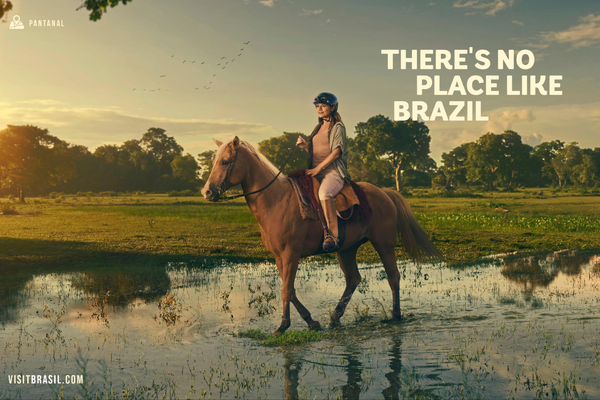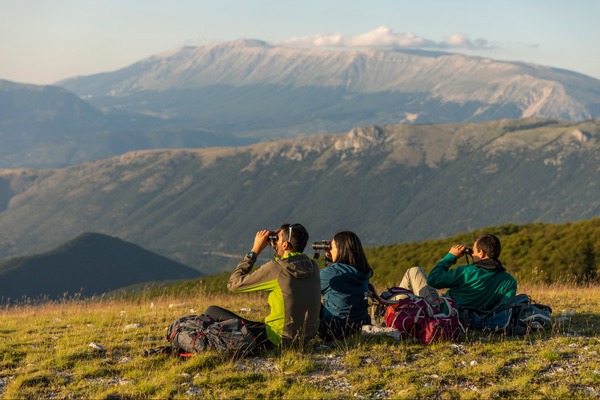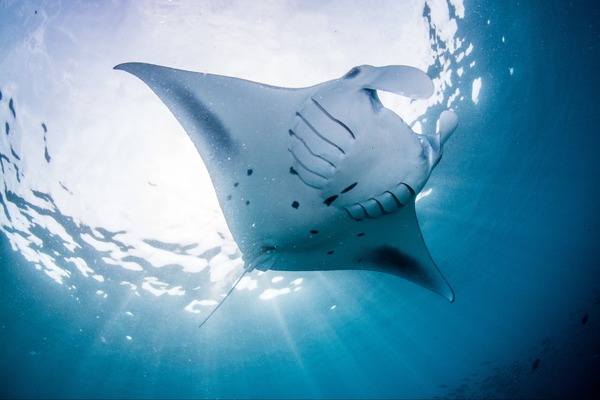‘Let's make 2024 the year travel fights for nature's survival’
I love poring over my old travel photos. They reconnect me with the places that shaped incredible adventures and get me thinking about where I might head next.
While our desire to document our relationship with the world doesn’t change, the world itself does. Look carefully at those photos, and you’ll see the impact of climate heating and biodiversity loss – storms on beach trips to the Balearics this year, devastating forest fires in Greece, soaring summer temperatures across Europe.
But how can you help tackle these global crises when booking holidays for clients? Here’s how: by engaging and influencing your supply chains you create enormous potential for change.
This could mean prioritising suppliers with nature-positive and carbon-reduction policies, curtailing less responsible practices like elephant riding or orphanage visits, or sharing knowledge to help your suppliers operate more sustainably.
Nature, especially, needs our help. One in six UK species is at risk of extinction; globally, the extinction rate is 1,000 times higher than average, rates not seen since the demise of the dinosaurs. Nature sequesters 50% of human-induced carbon emissions. When these eco-systems collapse, so does our ability to fight climate change. Biodiversity is our life-support system – we rely on it for everything, as do our businesses.
And if we are to mitigate the impacts of severe heatwaves, forest fires and flooding – and continue selling holidays to the destinations we love – we need it to flourish.
Customers care, too. A 2022 Expedia Group study showed 90% of consumers want to be more sustainable travellers but feel overwhelmed by how to go about it. So, giving nature a boost when we sell holidays makes good business sense. But how?
Book holidays that support nature. The new Wildlife Heritage Areas initiative, a partnership between World Animal Protection and the World Cetacean Alliance, offers a tool to help agents find responsible wildlife tourism experiences for their clients – trips and accommodations that also offer exceptional quality.
It is getting easier, too, to find and book hotels that put nature first, and not just niche eco-resorts. Iberostar, for example, wants all the eco-systems surrounding its hotels to be in improving health by the end of the decade. And of course, this won’t just benefit the planet – Iberostar customers will get better holidays as a result.
Partner with rewilding organisations. Some operators, like Exodus Adventure Travels, work with nature restoration projects. For every passenger you book on one of their trips, they fund the rewilding of 100 square metres of land through Rewilding Europe.
Similarly, Explore donates a small amount per individual booking to Rewilding Britain, an organisation funding a network of rewilding projects across the UK. Commit to becoming a nature-positive business. Sign up to Get Nature Positive, an initiative for all businesses of any size. You’ll find practical advice and tools there to help you create change, including some simple ideas like educating your clients on ocean-friendly suncreams.
Finally, educate your customers. Help them make more nature-friendly decisions on holiday. Tips could include things like eating a more plant-based diet, avoiding souvenirs made from endangered species, or cleaning shoes to stop contamination by non-native species. At Responsible Travel, we have lots of tips we’re happy for you to share.
Whatever your travel niche, nature is your business. As an industry, we’ve never been more reliant on it. Let’s make 2024 the year we fight for its survival.
Justin Francis is chief executive of Responsible Travel
Sign up for weekday travel news and analysis straight to your inbox

Justin Francis
Supplier Directory
Find contacts for 260+ travel suppliers. Type name, company or destination.












